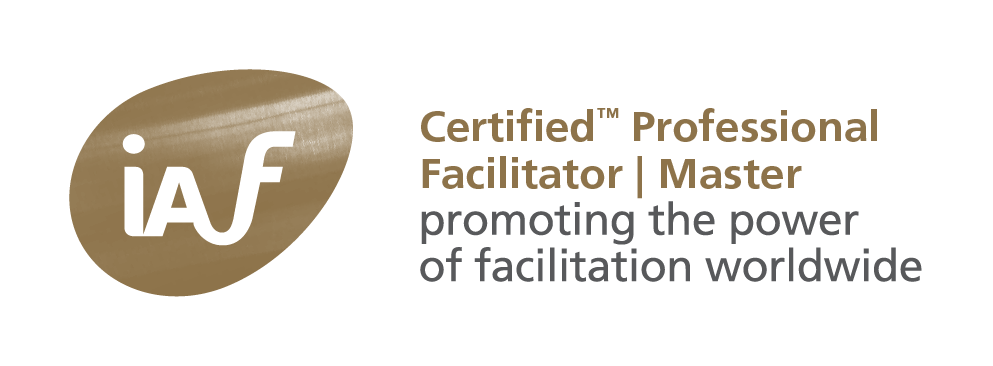Here is a first, short answer. This question has several answers. Both yes and no apply, but not at the same time. Basically it is an invitation to intervene in interpunction. The question restates the Paradoxes of Belonging. There are four paradoxes c0operating to confuse and show how we belong to ourselves and reality.
I suppose that this question presupposes an answer. Is this a statement? What is the meaning of this question – which I think is a genuine question?
Let trace the question in search of the answers:
1. “I was asking myself.. ” .
You start with individuality This is what is true: you belong to yourself.. The issue can be shown using a negation. Let’s suppose you ask “I was asking myself ”, what happens when you do not ask yourself this ? “I wasn’t asking myself …?”. In what way changes the answer when you do not ask the question? Not asking a question and asking a question are both part of the same phenomenon: the quest for truth (use of quest intentional). But it is done by making a distinction, drawing a border between what belongs to me (or you) and what doesn’t. There is only one: you belong to yourself. You’re free to ask any questions, but in general, when asking a question, make it one that liberates the other.
2. “… whether people outside …”
this is making a distinction, a boundary. And because you use an implied negation (outside) it opens the paradox. Where are you? Inside or outside? Where does it place me? Am I an insider – somebody who knows – because I’m an outsider or am I an outsider – somebody who doesn’t know – because I’m an outsider? Am I an insider, because you’re asking me? Or are you asking me as an outsider? Here I’m placed in a double bind, because the content of the answer (let’s suppose it is yes) differs from the relation (let’s suppose it is outside, no). Again the paradox can be shown using a negation. “.. whether people inside Israel ”. Or is the proper negation: ““.. whether people not outside ”, or even . “… whether people outside not …”. There is another strange feeling dawning upon me: I feel myself being put outside the question. Regardless of my answer, this is not a question I’m allowed to answer.
3. “….Israel could grasp what it means to be …”
moves over to the question of identity. Naming is part of taking on an identity, this is clearly explained in Alice’s Adventures. Only a Dutchmen can grasp what it means to be Dutch. That is the essence of Dutchness. But then again, when asked what it means to be Dutch, that question cannot be answered. The funny thing is that a Dutchman is allowed to say that this question doesn’t have an answer, but that somebody who isn’t born in The Netherlands is not allowed to say so. Here I use the negation again to show the answer. Every people assume it is clear for others what is meant by being us. (There is a funny Jungian slip of the tongue: people from the United States of America speak of US, with two capitals). Also, we’re revisiting here the double bind. If anything happens in Israel: it is the double binding.
This ‘meaning’ is the very core of my Legend of Meaning: the use of (in Dutch) ‘menen’. Menen is the operational, the pragmatic part of meaning. It can be translated as: ‘menes’. In the same way as we have genes encoding our bodies, we have ‘menes’ (thank god Dawkins – or the other way around – didn’t use this word, but uses memes) encoding our communities. The funny thing is, when applied to people, communities have a set of memes, like books, stories, from which they derive their own identity. Like genes in people, the expression of certain ‘traits’, ‘sentences’, depends on the certain circumstances. Like in genes, many sentences code for ‘nothing’ or seem to be just repetitions of the same codes. ‘Meaning’ resides in the community: the lemma “mun” meaning means. Paradoxes reign supreme; suppression only makes them more meaningful.
4. “… a citizen of a country under global inspection?”.
The 4th part, so this must be involvement. And it is, both allowing and disallowing involvement. Are we (globally speaking) involved when we inspect or are we not allowed to inspect? Or are only the citizens of a country allowed to limit inspections. And that raises the question of who are these citizens? What if some citizens ask for the global inspections? And what if when they are making these demands, by doing that, they’ll be stripped of their citizenship by other citizens who demand that it unciti-zen-like? Where does involvement begin? Where does it stop? Does it end? Can I be involved by being uninvolved? Basically these are also the questions in any theology: can people be saved who haven’t heard the gospel?
Furthermore, your question is phrased in terms of action. I was just reading Bion, who notes that what is really the matter is that our languages are action or control oriented languages and not very well equipped for contemplation (a participant of our CoP asked subsequently: ‘can you give an example?’. To which I answered. ‘yes’). Why do I feel compelled to admit that I feel ashamed when I read your question and do not know the answer?
So, your question is a very good example of the paradoxes of belonging, as is the country you live in. The double binds keeps you and your fellow minorities trapped in escalation: the different people are more the same then they’re willing to admit to each other and therefore reinforces themselves in being different. As I said, you only belong to yourself. In the end the country will exist of million groups of one. It already is the case, but the fact is rightfully being ignored: there is a war outside. No group will tell another group that they appreciated the differentness of the other, as this allows them to learn to experience and to live with the differences living in their own group.
The only sensible attitude for people outside Israel is being indifferent – and I mean a pragmatic kind of indifference: it doesn’t matter to what tribe of group people belong, they should all have the opportunity to check out. You cannot be liberated from the people you’re born into; you can check out, but never leave. The moment the citizens of Israel grasp that being a citizen means minorities can be appreciated because of the differences they supply to any community and thus enable each other to understand what it is to live with different selves – this, in my view is the added value of voice dialogue: it shows you that even you, your self, consists of different ‘voices’ – that moment, you’re making a difference worthy of inspection.
Please note this is another Jungian slip of the tongue. An inspection could also mean ‘in-tro-spection’. Unmarked (the term I prefer over unconsciously) you’re saying to yourself that what is needed is more inspection of the self by the self.
So one reformulation of your question – in order to get rid of the double binds – could be: “Question: in what ways and by what means can people in- or outside Israel develop common citizenship by better introspection?” Or: “by what means can citizens in Israel show what it means to be a citizen of a global world?” Or: “how can we find communality in differences?”.




